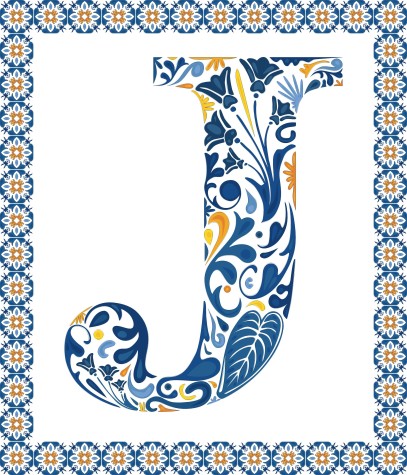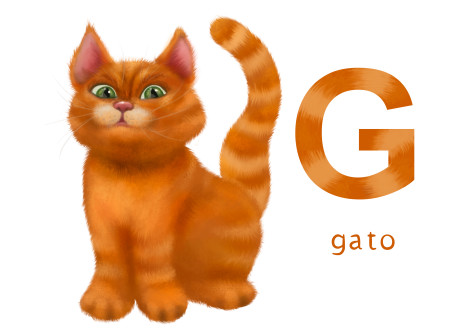This originally appeared in 2015.

There’s a popular myth about Dutch last names that goes like this: When Napoleon occupied the Netherlands and instituted a family name registry, only the upper classes had such names already in use. A significant subset took the opportunity to protest foreign rule by registering under silly names like “Born Naked,” “The Criminal” and “Little Poops”. Even in modern times, after changing ones name became a simple paper exercise, the Dutch held on to their prank names.
While the truth is less exciting – any silliness likely predates Napolean, and some names only sound silly to an English ear – the audacity of such a rebellion keeps the idea of it alive. Also, the notion that families would become attached to those names rings true to those who understand human nature.
We are more psychologically entwined with our names than we realize. I’m not talking about baby name meanings, which seem to be a contemporary form of astrology. Rather, I refer to a 30-year-old field of study that investigates the Name Letter Effect.
Psychologists in the 1960s became convinced of the existence of generalized self-esteem and its importance in a person’s life. Self-report in these areas is notoriously unreliable, so the researchers sought an implicit measure to tease out what subjects really thought of themselves. Belgian social psychologist Jozef Nuttin first identified in 1985 that people prefer letters that appear in their own names – they find those letters, in particular their first and last initials, more aesthetically pleasing or beautiful than others. Not only that: They also prefer brands that start with those initials and judge cartoons penned by like-initialed artists to be funnier. Since then the effect has been validated in cross-cultural studies in 15 countries and confirmed as robust for all different age groups.
Women who have changed their names upon marriage also show this preference for their married name initials, starting around two years after their wedding, which suggests that the feeling of ownership over a name takes a little time to settle in. Their discarded birth surname also remains close to their heart, according to this measure, even 20 years after the event. There’s no word yet on women’s post-divorce association with their former name.
 It may go well beyond a preference for letters and objects, but here the evidence is murky. In 2007, much excitement followed the announcement of a scholastic effect related to name initials. People with names beginning with C and D were shown to get lower grade point averages, as a group. The argument goes that these students have a subconscious affinity for C or D that counters their aversion to failure. “I don’t want a C, your brain tells itself, but at least that would be a comfortingly familiar letter to see on my report card.”) Four years later, statisticians set the record straight, scoffing at the initial claim’s naive techniques. A claim that baseball players are more likely to strike out (an event represented in the stats by the letter K) if their first or last name starts with K has similarly been debunked using more sophisticated statistical methods.
It may go well beyond a preference for letters and objects, but here the evidence is murky. In 2007, much excitement followed the announcement of a scholastic effect related to name initials. People with names beginning with C and D were shown to get lower grade point averages, as a group. The argument goes that these students have a subconscious affinity for C or D that counters their aversion to failure. “I don’t want a C, your brain tells itself, but at least that would be a comfortingly familiar letter to see on my report card.”) Four years later, statisticians set the record straight, scoffing at the initial claim’s naive techniques. A claim that baseball players are more likely to strike out (an event represented in the stats by the letter K) if their first or last name starts with K has similarly been debunked using more sophisticated statistical methods.
Among the claims that stand so far unchallenged: People move more often to cities that share the letters of their names, and owners of hardware stores include more H names, while roofers go by more R names. Employees are disproportionately likely to work for a company that shares one of their initials. The authors of this last study assume the employees prefer to apply to these workplaces, but I wonder whether our company names, being part of management’s identity, might make employers partial toward job candidates with a somehow right-looking name.
I dislike these types of findings, because they trivialize our biggest decisions and make humans appear even shallower than we admittedly are. Still, chance associations do play a role in our lives and can sometimes find themselves in the right place, in the right mind, to influence the course of events.
The naming of babies, which starts all this, is itself highly suggestible to chance. I, for example, was born to a person who happened to be reading a book by communist journalist Jessica Mitford. In my own small, Dutch-style rebellion of self-determination, I modified my name in my teens to Jessa. Despite it being a frequent source of confusion for others, the thing stuck, and now I’m rather fond of it. All the same, I am not consciously aware of a fondness for jars or jackrabbits.
Images: Thanks to Shutterstock
Jessa, I’m beginning to get worried about these pingbacks. Do you think the whole capitalistic enterprise is now going to begin the names of their brands with, say, “J”?
There is that possible application, whereby a product could get marginally more effective advertising by, say, preferentially targeting Facebook users with matching initials. If it’s the worst thing I contribute to in my life, I guess I’m not too worried.